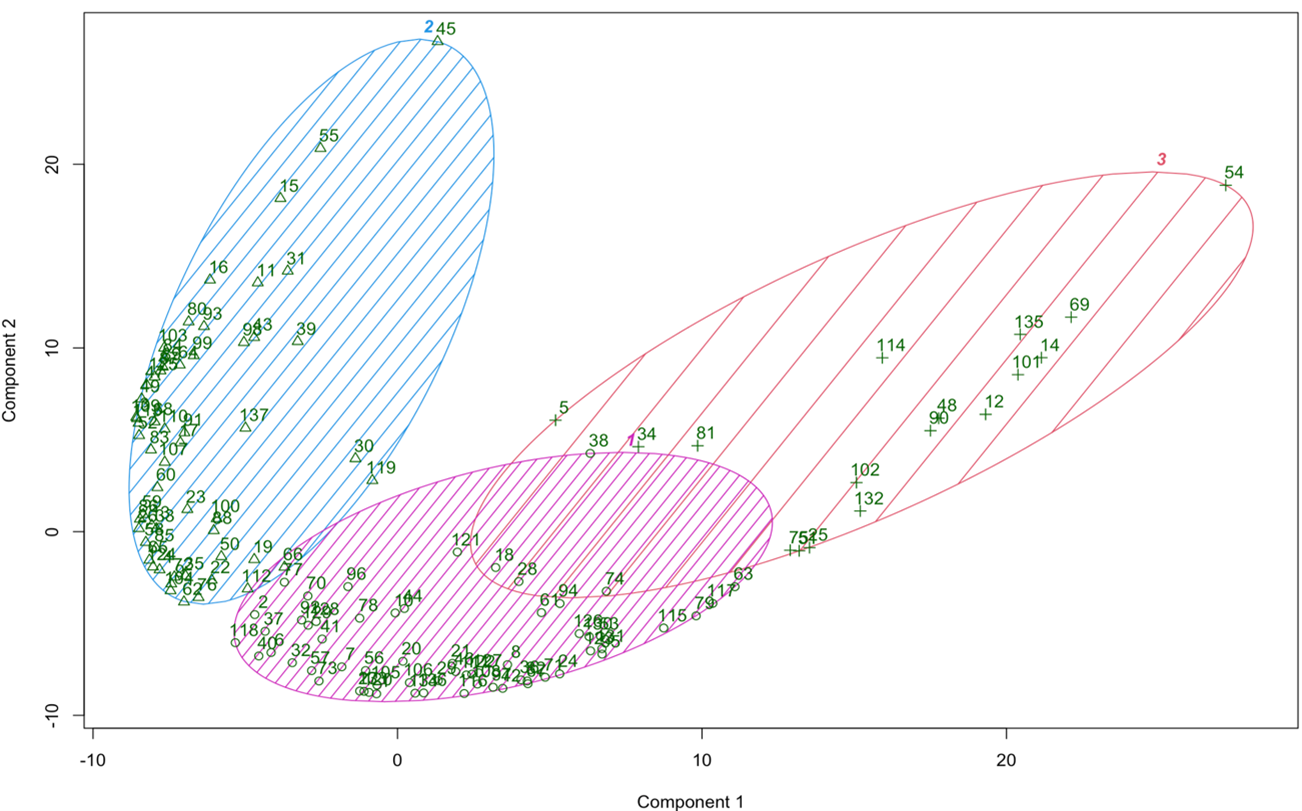From product to process data: Game mechanics for science learning
DOI:
https://doi.org/10.17083/ijsg.v11i4.790Keywords:
Game-based learning, Transition Matrices, Hierarchical ClusteringAbstract
Game-based learning environments (GBLEs) supplement classroom instruction so students can demonstrate their scientific reasoning abilities and increase knowledge, providing a platform that promotes interest and engagement in science. The goal of this study was to examine the effectiveness of game mechanics for science learning. This study identifies how two types of game mechanics—learning and assessment mechanics—are used by high school participants (N = 137) as they learn about microbiology with Crystal Island, a game-based learning environment for science education. Participants’ learning outcomes were evaluated in two ways: learning gains, which assessed participants’ domain knowledge acquisition, and game completion, which assessed participants’ ability to successfully demonstrate scientific reasoning abilities. Results from this study showed that game completion is not related to learning gains. However, as participants engaged with increasingly more assessment mechanics, learning gains decreased. Further, profiles of learners were extracted to better understand the learning process that best supports greater learning outcomes. Results showed that learners who engaged in less recurrent transitions across assessment mechanics were more likely to successfully demonstrate scientific reasoning abilities. Implications for the design of games which provide scaffolding based on process data of learners’ game mechanic use are provided.

Downloads
Published
Issue
Section
License
Copyright (c) 2024 Daryn Dever, Megan Wiedbusch, Cameron Marano, Annamarie Brosnihan, Kevin Smith, Milouni Patel, Tara Delgado, James Lester, Roger Azevedo

This work is licensed under a Creative Commons Attribution-NonCommercial-NoDerivatives 4.0 International License.
IJSG copyright information is provided here.